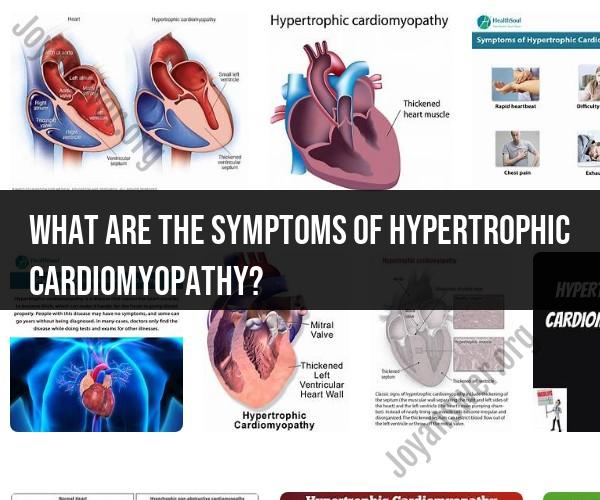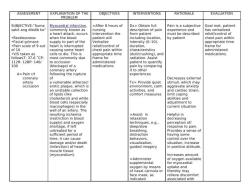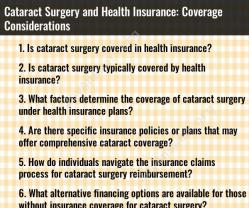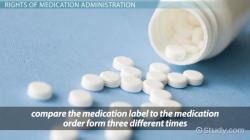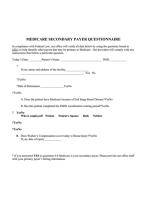What are the symptoms of hypertrophic cardiomyopathy?
Hypertrophic cardiomyopathy (HCM) is a condition where the heart muscle becomes abnormally thick, making it harder for the heart to pump blood effectively. The severity of symptoms can vary widely from person to person, and some individuals with HCM may have no noticeable symptoms at all. However, common symptoms of hypertrophic cardiomyopathy may include:
Shortness of Breath: This is one of the most common symptoms. It may occur during physical activity or even at rest. Shortness of breath can range from mild to severe.
Chest Pain: Some individuals with HCM may experience chest pain or discomfort, often during physical exertion or exercise. This pain may be mistaken for angina.
Fatigue: People with HCM may feel unusually tired or fatigued, even with minimal activity.
Fainting or Dizziness: Some individuals may experience fainting spells or dizziness, which can be caused by an irregular heart rhythm (arrhythmia) or a sudden drop in blood pressure.
Heart Palpitations: Palpitations are a sensation of rapid, irregular, or pounding heartbeats. They can be a symptom of arrhythmias associated with HCM.
Swelling (Edema): Fluid buildup in the legs, ankles, or feet can occur in some cases.
Heart Murmur: A healthcare provider may detect a heart murmur during a physical examination, which can be a sign of HCM. However, not all individuals with HCM have a heart murmur.
Chest Discomfort: Some people describe a feeling of pressure or discomfort in the chest, similar to angina.
Arrhythmias: Irregular heart rhythms, such as atrial fibrillation or ventricular tachycardia, can be associated with HCM and may cause symptoms like palpitations or dizziness.
It's important to note that the severity and combination of symptoms can vary greatly. Some individuals with HCM may only experience mild symptoms, while others may have more severe symptoms that significantly impact their daily lives.
If you suspect you or someone you know may have hypertrophic cardiomyopathy, it's crucial to seek medical attention promptly. HCM can lead to serious complications, including sudden cardiac arrest, and early diagnosis and management are essential for reducing the risk of these complications. A healthcare provider can perform various tests, such as echocardiography and electrocardiography, to diagnose and assess the condition. Treatment options may include medications, lifestyle modifications, and, in some cases, surgical procedures or implantation of a defibrillator.
Cardiac Clues: Recognizing the Symptoms of Hypertrophic Cardiomyopathy
Hypertrophic cardiomyopathy (HCM) is a condition in which the heart muscle is thickened. This can make it difficult for the heart to pump blood effectively. HCM can be a serious condition, but it is often manageable with treatment.
The symptoms of HCM can vary from person to person. Some people with HCM have no symptoms at all, while others have severe symptoms that can interfere with their daily lives.
The most common symptoms of HCM include:
- Shortness of breath, especially with exertion
- Chest pain, especially with exertion
- Fatigue
- Fainting
- Lightheadedness
- Palpitations (feeling like the heart is racing or fluttering)
- Heart murmur
If you have any of these symptoms, it is important to see a doctor to rule out HCM. HCM is typically diagnosed with a physical exam, echocardiogram, and electrocardiogram.
Warning Signs: Identifying Symptoms and Red Flags for HCM
If you have any of the following warning signs, you should see a doctor immediately:
- Severe shortness of breath, especially at rest
- Chest pain that is not relieved with rest
- Fainting or lightheadedness
- Palpitations that are severe or accompanied by other symptoms, such as chest pain or shortness of breath
- A family history of sudden cardiac death
Heart Condition Awareness: Key Symptoms of Hypertrophic Cardiomyopathy
It is important to be aware of the key symptoms of HCM so that you can seek medical attention if you experience any of them. Early diagnosis and treatment of HCM can help to prevent serious complications, such as heart failure, stroke, and sudden cardiac death.
If you have any concerns about HCM, please talk to your doctor. They can help you to assess your risk and determine if you need any further testing or treatment.
